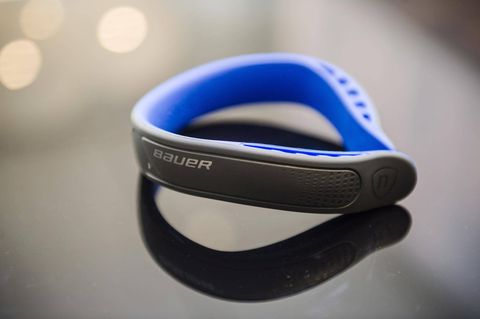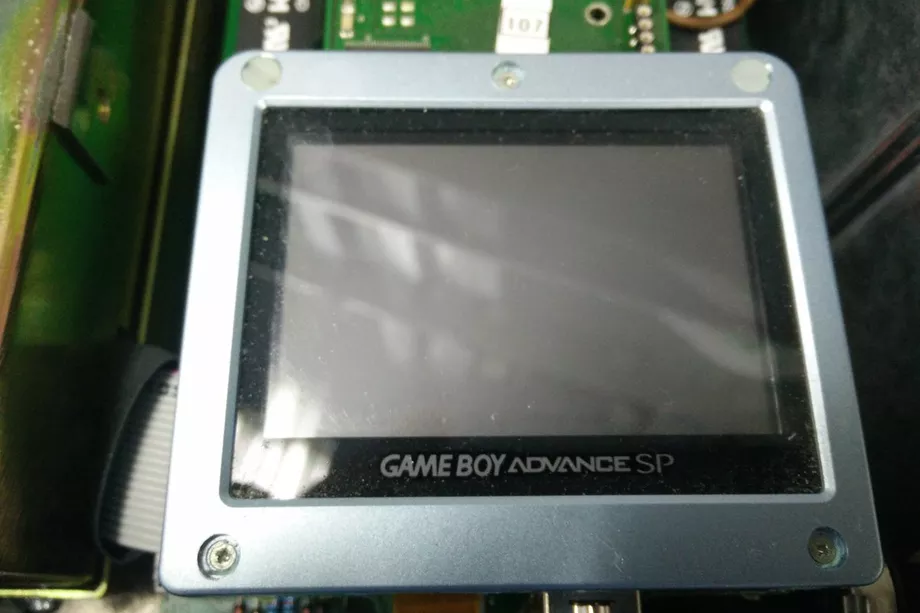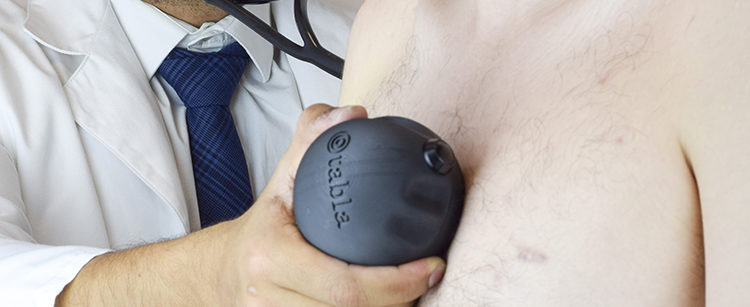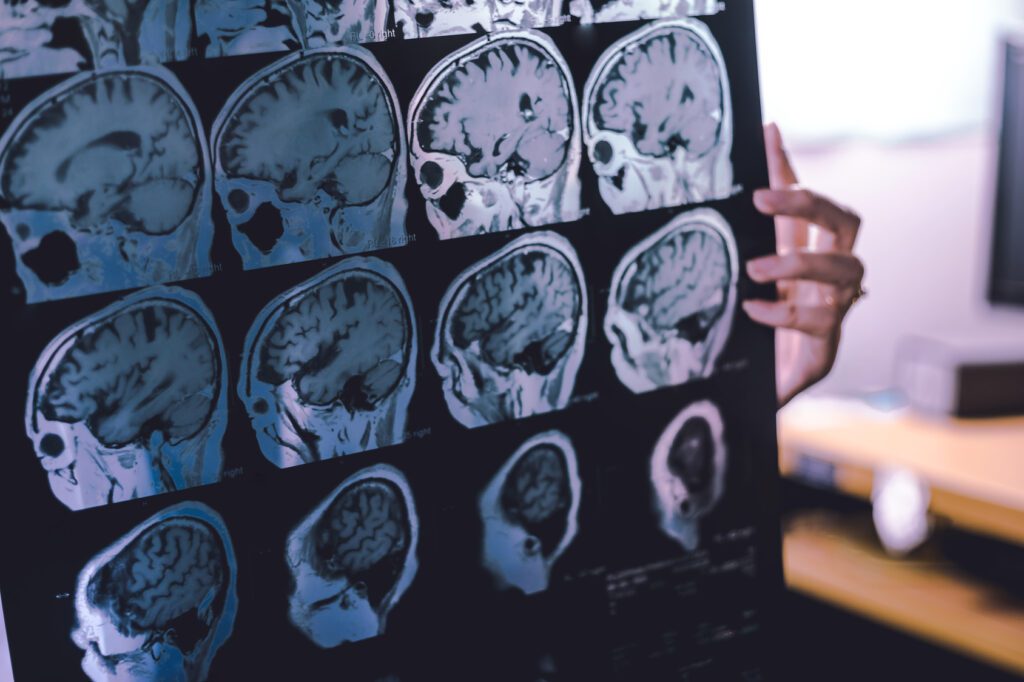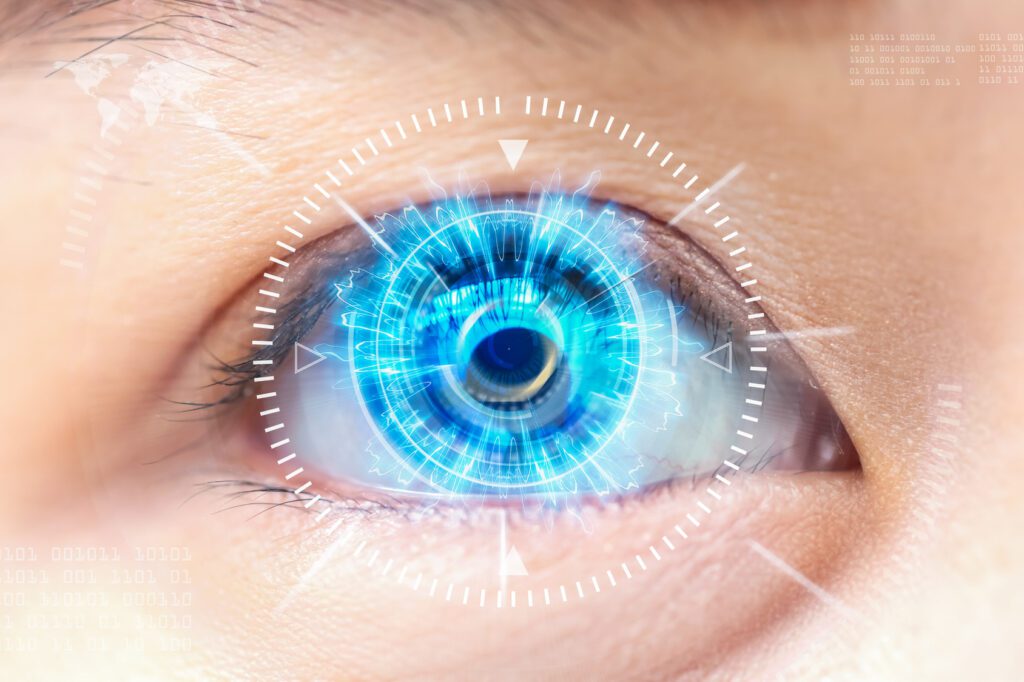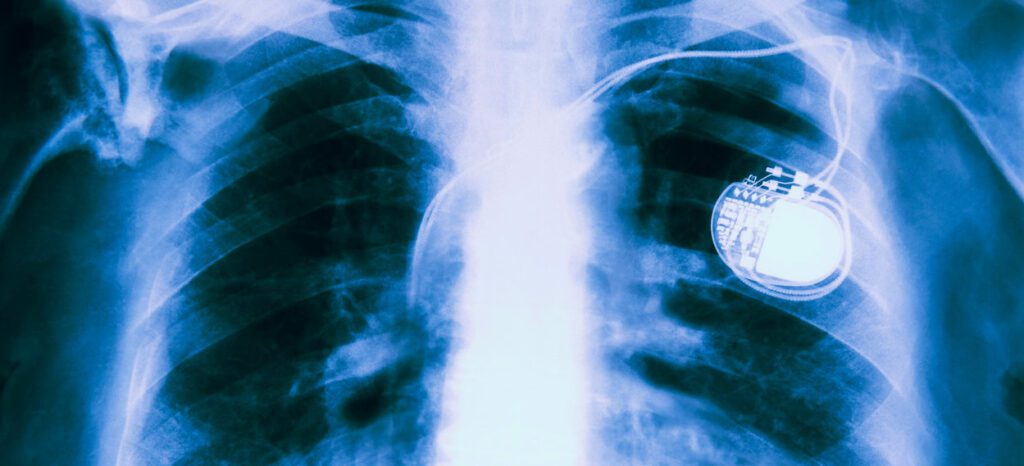Archive for September 2017
New Device by Bauer Can Protect Against Microscopic Brain Damage
Sports equipment maker Bauer unveiled a collar-like device Wednesday that it says can protect against microscopic brain damage in athletes playing contact sports like hockey, football and soccer. The NeuroShield collar is worn around the neck and applies a slight pressure that increases blood volume in the veins around the brain, helping to reduce the…
Read MoreMedical Device Powered by Game Boy Advance
A Twitter user found himself perplexed today when he opened an older electrocardiogram measurement instrument and found the components belonged to a Game Boy Advance. The instrument is made by German company Medical Imaging Electronics and uses a wave produced by the ECG to electronically control a separate recording or imaging apparatus. At first look, it seems…
Read MoreTitan Medical and Florida Hospital Nicholson Center Announce the World’s First Installation of Sport Surgical System
TORONTO, ON–(Marketwired – September 18, 2017) – Titan Medical Inc. (“Titan” or the “Company”) (TSX: TMD)(OTCQB: TITXF), a medical device company focused on the design, development and commercialization of a robotic surgical system for application in minimally invasive surgery (MIS), and Florida Hospital Nicholson Center announce the installation of Titan Medical’s SPORT Surgical System at the hospital’s…
Read MoreWhen disaster strikes, this Irish-based team Med3DP prints 3D medical devices
For more than a decade now, 3D printing as a concept has promised a revolution in everything from construction to food production but, on the surface, you might think things haven’t changed much. This couldn’t be further from the case, however, particularly in medicine where 3D printers have set in motion a future where many…
Read MoreMedical Device Designed by Student Wins Fast Company Award
A student-designed medical device to diagnose pneumonia has been named the winner of the student category of Fast Company‘s 2017 Innovation by Design Awards. The device, called Tabla, was created by Adam Rao, a medical student at UCSF and a student in the UC Berkeley/UCSF joint Ph.D. program in bioengineering, and Chen Bao and Jorge Ruiz, both…
Read More$35M Grant Provides Texas A&M to Develop Cutting Edge Tech for Underserved Populations
Backed by a $35 million federal grant, Texas A&M University System is leading a group of academic partners, private companies and federal agencies in a quest to develop cutting-edge, affordable technologies for underserved populations suffering from diabetes and heart disease. The prestigious award from the National Science Foundation (NSF) Engineering Research Center will fund the Precise…
Read MoreRobotics and Virtual Reality Will Dominate These 3 Medical Niches First
We’re no stranger to robotics in the medical field. Robot-assisted surgery is becoming more and more common. Many training programs are starting to include robotic and virtual reality scenarios to provide hands-on training for students without putting patients at risk. With all of these advances in medical robotics, three niches stand out above the rest:…
Read MoreMedical First: Robot Operates Inside Human Eye
In a medical first, surgeons have used a robot to operate inside the human eye, greatly improving the accuracy of a delicate surgery to remove fine membrane growth on the retina. Such growth distorts vision and, if left unchecked, can lead to blindness in the affected eye. Currently, doctors perform this common eye surgery without robots. But…
Read MoreAustralian Government Invests AU$13 Million into MedTech
The Australian government has announced that it is investing AU$13.3 million into medical technologies to help people living with severe mobility issues and chronic back pain. The AU$500 million Biomedical Translation Fund (BTF) will invest AU$5 million into Rex Bionics for the development of a hands-free robotic device to assist in rehabilitation; AU$5 million into…
Read MoreWarning from FDA: St. Jude Pacemaker Vulnerable to Hackers
When Vice President Dick Cheney asked his cardiologist to replace his WiFi-connected pacemaker with one without internet capability in 2007, assassination through medical device hacking seemed far-fetched. But this week, the U.S. Food and Drug Administration announced that almost half a million pacemakers made by Abbott are vulnerable to hackers. The FDA announced on Wednesday that patients with the Abbott (formerly St. Jude Medical) radio…
Read More
